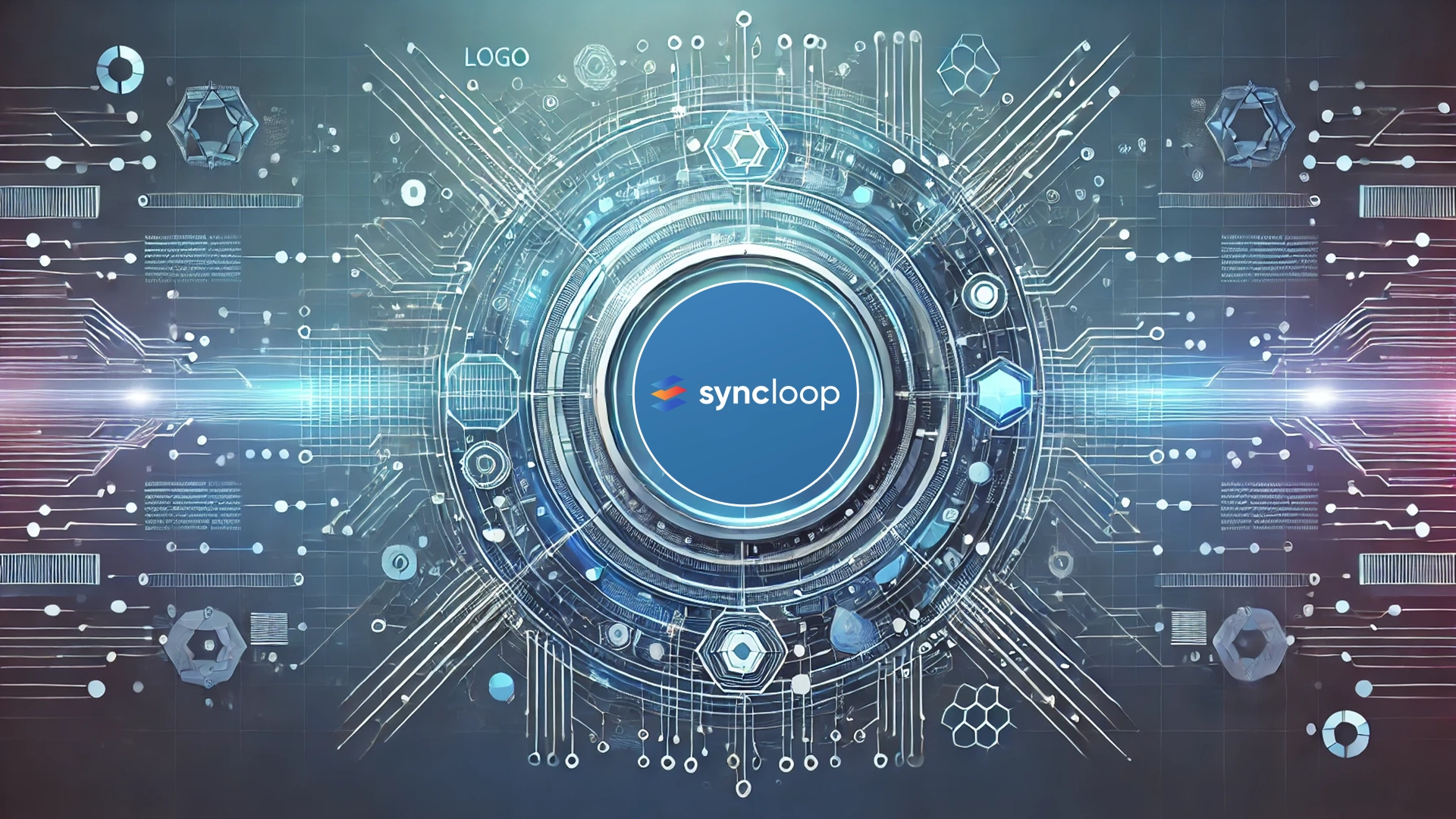How Syncloop Supports Digital Transformation in the Education Sector
Posted by: Prerna Sood | December 24, 2024

The Role of APIs in Education
APIs in education enable key functionalities such as:
- Content Delivery:
- Distribute learning materials to students across platforms.
- Student Information Systems (SIS) Integration:
- Manage student data, grades, and attendance records seamlessly.
- Learning Management Systems (LMS):
- Enable course creation, assignments, and tracking of student progress.
- Real-Time Collaboration:
- Support interactive features like live classes, group discussions, and peer reviews.
- Analytics and Insights:
- Provide actionable data for improving educational outcomes.
Challenges in Educational API Development
- Scalability:
- Supporting a growing number of students and institutions.
- Data Security:
- Protecting sensitive student and staff information.
- Interoperability:
- Ensuring seamless integration across diverse systems and platforms.
- Engagement:
- Delivering interactive and personalized learning experiences.
How Syncloop Empowers Education APIs
1. Scalable Infrastructure
- Feature:
- Auto-scaling capabilities to handle large user bases.
- Benefit:
- Ensures uninterrupted access during peak usage, such as exam periods.
2. Secure API Design
- Feature:
- Encryption, token-based authentication, and role-based access controls.
- Benefit:
- Protects sensitive student and institutional data.
3. Interoperability Tools
- Feature:
- Support for standards like LTI and SCORM.
- Benefit:
- Facilitates seamless integration with existing SIS, LMS, and content repositories.
4. Personalization APIs
- Feature:
- AI-driven tools for creating tailored learning experiences.
- Benefit:
- Increases student engagement and retention through personalized content.
5. Real-Time Collaboration
- Feature:
- Support for WebSocket APIs for live classes and discussions.
- Benefit:
- Enables interactive and engaging virtual learning environments.
6. Analytics and Reporting
- Feature:
- Real-time dashboards for tracking API performance and user behavior.
- Benefit:
- Provides educators and administrators with insights to optimize teaching methods.
7. Rapid Prototyping
- Feature:
- Visual API designer for quickly building and testing APIs.
- Benefit:
- Speeds up the development process, allowing faster deployment.
Use Cases for Education APIs with Syncloop
1. Virtual Classrooms
- Scenario:
- Deliver live and interactive classes to remote students.
- Solution with Syncloop:
- Use WebSocket APIs for real-time video, chat, and collaboration.
2. Course Management
- Scenario:
- Develop APIs for managing courses, assignments, and evaluations.
- Solution with Syncloop:
- Integrate APIs with LMS platforms for seamless course creation and tracking.
3. Student Performance Analytics
- Scenario:
- Provide educators with insights into student progress.
- Solution with Syncloop:
- Use analytics APIs to collect and visualize performance data.
4. Content Recommendation
- Scenario:
- Offer personalized learning paths based on student behavior.
- Solution with Syncloop:
- Build APIs that analyze user data and recommend tailored content.
Best Practices for Building Education APIs with Syncloop
- Ensure Scalability:
- Use Syncloop’s auto-scaling tools to support a growing user base.
- Prioritize Security:
- Implement encryption and access controls to protect sensitive information.
- Focus on Interoperability:
- Design APIs that integrate seamlessly with existing education platforms.
- Leverage Analytics:
- Use real-time data to refine educational content and delivery.
- Engage Users:
- Incorporate APIs that enhance interactivity and personalization.
Real-World Applications
- E-Learning Platforms:
- Build APIs for content delivery, quizzes, and certifications.
- Universities:
- Develop APIs to manage student data, courses, and campus resources.
- Corporate Training:
- Enable APIs for employee learning and development programs.
- EdTech Startups:
- Create APIs for innovative educational tools and applications.
Advantages of Using Syncloop for Education APIs
- Enhanced Scalability:
- Supports large user bases with dynamic scaling.
- Robust Security:
- Protects student and institutional data with advanced security features.
- Seamless Integration:
- Ensures compatibility with diverse systems and standards.
- Improved Engagement:
- Enables personalized and interactive learning experiences.
- Actionable Insights:
- Provides real-time analytics to improve educational outcomes.
Conclusion
APIs are transforming the education sector, enabling institutions to deliver scalable, secure, and engaging learning experiences. Syncloop provides a powerful platform for building and managing APIs that meet the unique needs of the education industry. By leveraging Syncloop, educational institutions and EdTech startups can accelerate their digital transformation and enhance the quality of education.
A conceptual diagram showcasing Syncloop’s API capabilities for education, highlighting features like real-time collaboration, secure data management, and personalized learning.
Back to Blogs